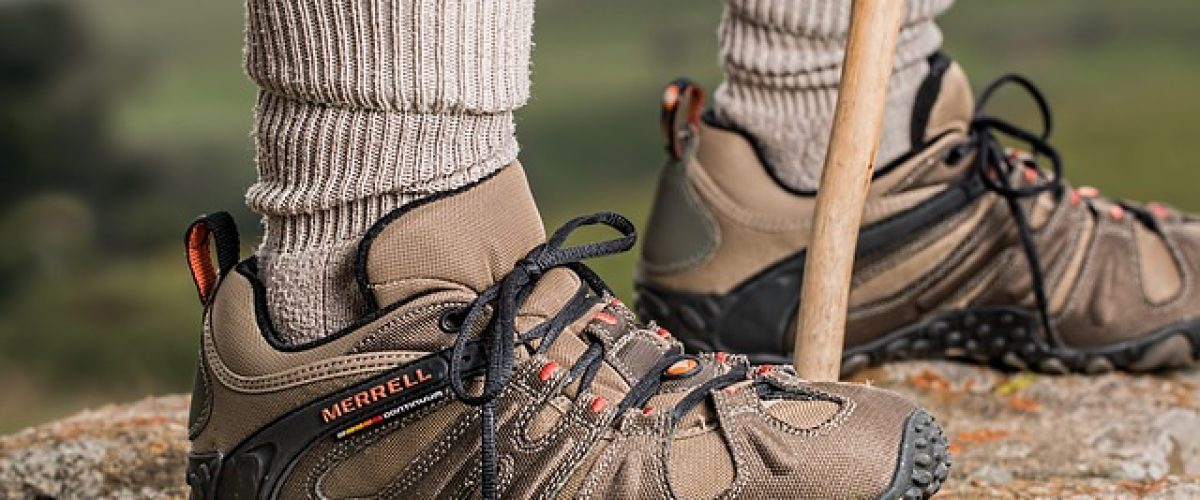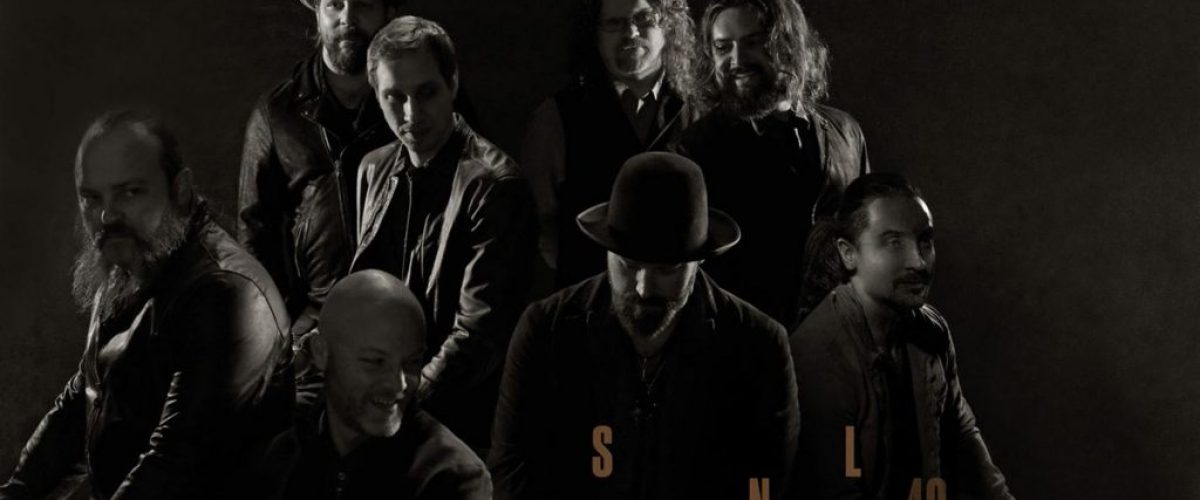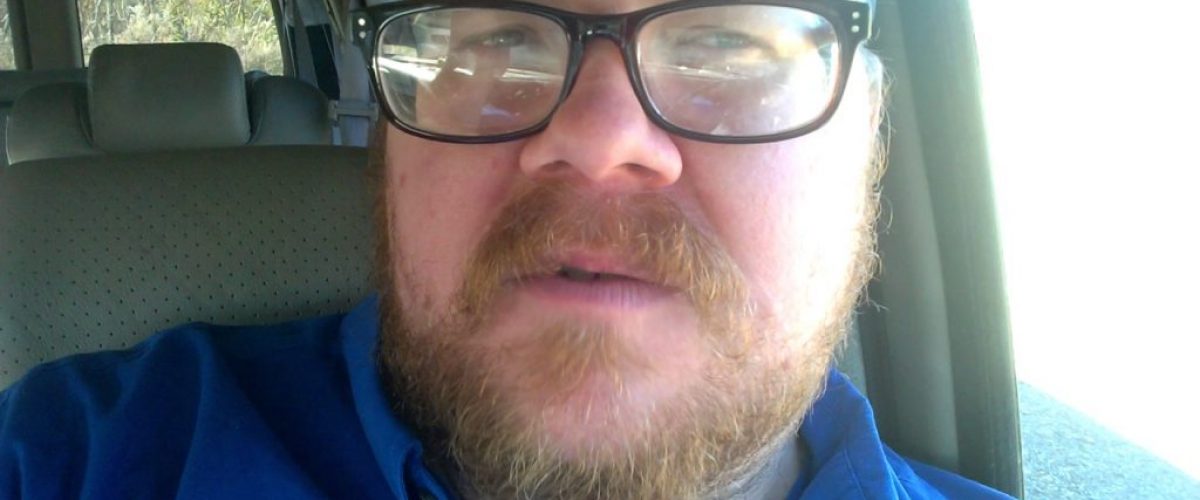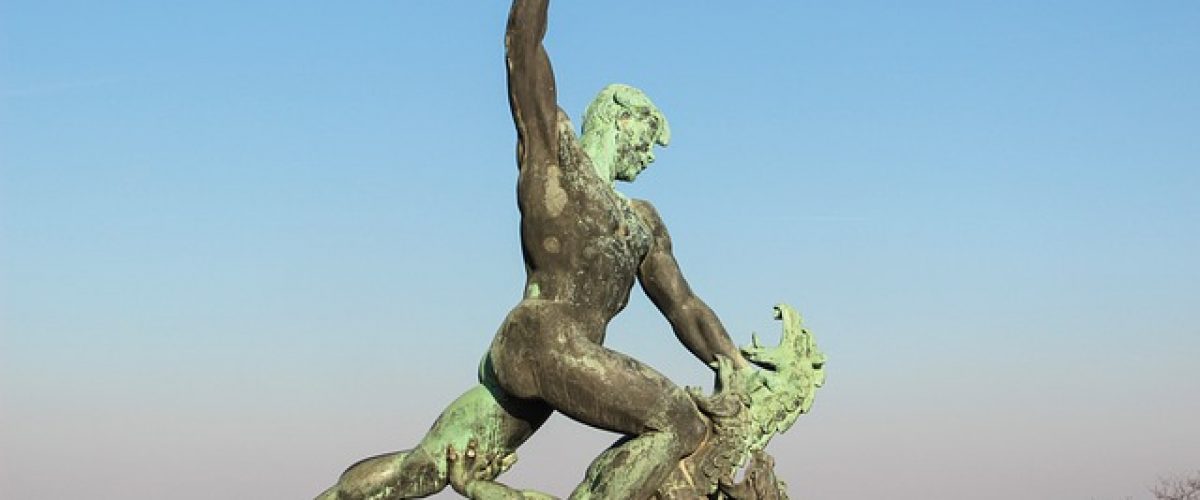Teddy Roosevelt is a hero of mine for a number of reasons. He takes us back to a day when statesman could be strong and bull-headed and speak their minds, but they could do it with class.
Teddy’s was born a city boy to a rich family, and yet he longed for the wilderness, and spent much time amidst the trees and fields and beasts. He was a soldier, a gentleman, and a fierce political contender.
He is known as the founder of the Progressive movement – which today looks very little like the ideals which Roosevelt espoused. He believed that it was the duty of all americans to help create equality of opportunity for all. That meant opportunity to work hard to earn a living. I could rant about today’s incarnation of the progressive movement and the push for wealth redistribution, but that may be a post for another day.
Today, I want to celebrate the virtue and the value of Theodore Roosevelt.
Roosevelt is also known for being shot before delivering a speech, as a political candidate running for a third term (that was allowed, back then) and refused to cancel the event, delivering his speech with the bullet still in his chest. How manly can you get?
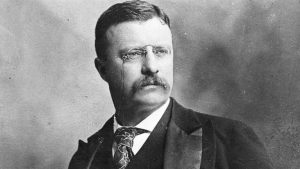 Wikipedia has this to say:
Wikipedia has this to say:
Theodore Roosevelt Jr. (/ˈroʊzəvɛlt/ roh-zə-velt;[a] October 27, 1858 – January 6, 1919) was an American statesman, author, explorer, soldier, naturalist, and reformer who served as the 26th President of the United Statesfrom 1901 to 1909. As a leader of the Republican Party during this time, he became a driving force for the Progressive Era in the United States in the early 20th century.
Born a sickly child with debilitating asthma, Roosevelt successfully overcame his health problems by embracing a strenuous lifestyle. He integrated his exuberant personality, vast range of interests, and world-famous achievements into a “cowboy” persona defined by robust masculinity. Home-schooled, he began a lifelong naturalist avocation before attending Harvard College. His first of many books, The Naval War of 1812 (1882), established his reputation as both a learned historian and as a popular writer. Upon entering politics, he became the leader of the reform faction of Republicans in New York’s state legislature. Following the deaths of his wife and mother, he took time to grieve by escaping to the wilderness of the American West and operating a cattle ranch in the Dakotas for a time, before returning East to run unsuccessfully for Mayor of New York City in 1886. He served as Assistant Secretary of the Navy under William McKinley, resigning after one year to serve with the Rough Riders, where he gained national fame for courage during the Spanish–American War. Returning a war hero, he was elected governor of New York in 1898. The state party leadership distrusted him, so they took the lead in moving him to the prestigious but powerless role of vice president as McKinley’s running mate in the election of 1900. Roosevelt campaigned vigorously across the country, helping McKinley’s re-election in a landslide victory based on a platform of peace, prosperity, and conservatism.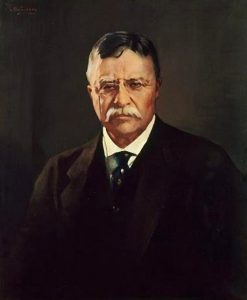
Following the assassination of President McKinley in September 1901, Roosevelt succeeded to the office at age 42, becoming the youngest United States President in history. Leading his party and country into the Progressive Era, he championed his “Square Deal” domestic policies, promising the average citizen fairness, breaking of trusts, regulation of railroads, and pure food and drugs. Making conservation a top priority, he established a myriad of new national parks, forests, and monuments intended to preserve the nation’s natural resources. In foreign policy, he focused on Central America, where he began construction of the Panama Canal. He greatly expanded the United States Navy, and sent the Great White Fleet on a world tour to project the United States’ naval power around the globe. His successful efforts to end the Russo-Japanese War won him the 1906 Nobel Peace Prize.
Elected in 1904 to a full term, Roosevelt continued to promote progressive policies, but many of his efforts and much of his legislative agenda were eventually blocked in Congress. Roosevelt successfully groomed his close friend, William Howard Taft, to succeed him in the presidency. After leaving office, Roosevelt went on safari in Africa and toured Europe. Returning to the U.S., he became frustrated with Taft’s approach as his successor. He tried but failed to win the presidential nomination in 1912. Roosevelt founded his own party, the Progressive, so-called “Bull Moose” Party, and called for wide-ranging progressive reforms. The split among Republicans enabled the Democrats to win both the White House and a majority in the Congress in 1912. The Democrats in the South had also gained power by having disenfranchised most blacks (and Republicans) from the political system from 1890 to 1908, fatally weakening the Republican Party across the region, and creating a Solid South dominated by their party alone. Republicans aligned with Taft nationally would control the Republican Party for decades.
Frustrated at home, Roosevelt led a two-year expedition in the Amazon Basin, nearly dying of tropical disease. During World War I, he opposed President Woodrow Wilson for keeping the U.S. out of the war against Germany, and offered his military services, which were never summoned. Although planning to run again for president in 1920, Roosevelt suffered deteriorating health and died in early 1919. Roosevelt has consistently been ranked by scholars as one of the greatest U.S. presidents.[2] Historians admire Roosevelt for rooting out corruption in his administration, but are critical of his 1909 libel lawsuits against the World and the News. Large corporate funding to the Republicans in the 1904 election continued to be a source of controversy for Roosevelt during his second term of office and in his 1912 Republican presidential nomination bid. His face was carved into Mount Rushmore alongside those of George Washington, Thomas Jefferson, and Abraham Lincoln.
Check out these quotes from Theodore Roosevelt
“Nothing in this world is worth having or worth doing unless it means effort, pain, difficulty.”
“To sit home, read one’s favorite paper, and scoff at the misdeeds of the men who do things is easy, but it is markedly ineffective. It is what evil men count upon the good men’s doing.”
“A soft, easy life is not worth living, if it impairs the fibre of brain and heart and muscle. We must dare to be great; and we must realize that greatness is the fruit of toil and sacrifice and high courage… For us is the life of action, of strenuous performance of duty; let us live in the harness, striving mightily; let us rather run the risk of wearing out than rusting out.”
“I don’t pity any man who does hard work worth doing. I admire him. I pity the creature who does not work, at whichever end of the social scale he may regard himself as being.”
“We must show, not merely in great crises, but in the everyday affairs of life, the qualities of practical intelligence, of courage, of hardihood, and endurance, and above all the power of devotion to a lofty ideal, which made great the men who founded this Republic in the days of Washington, which made great the men who preserved this Republic in the days of Abraham Lincoln.”
“Unless a man is master of his soul, all other kinds of mastery amount to little.”

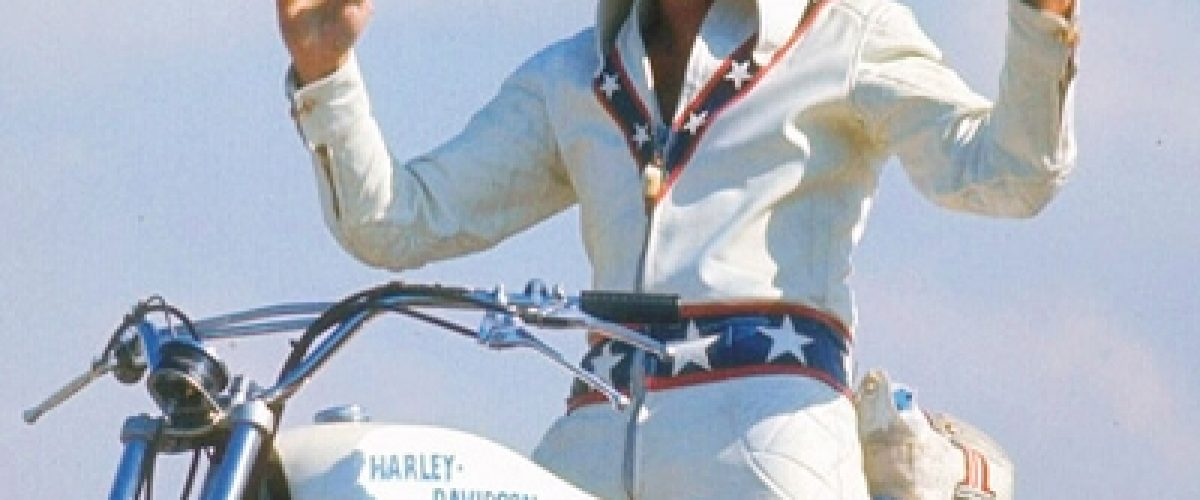

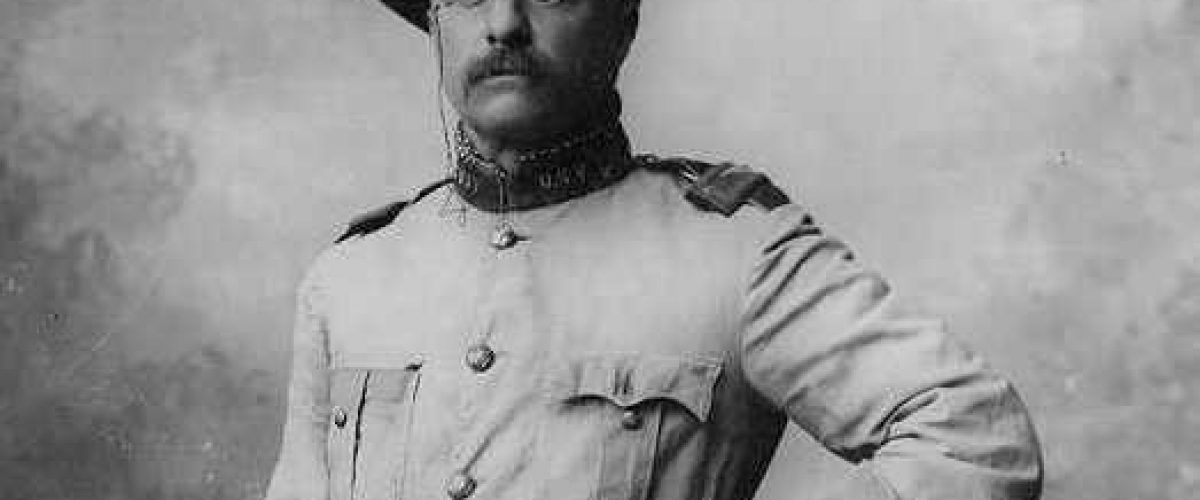


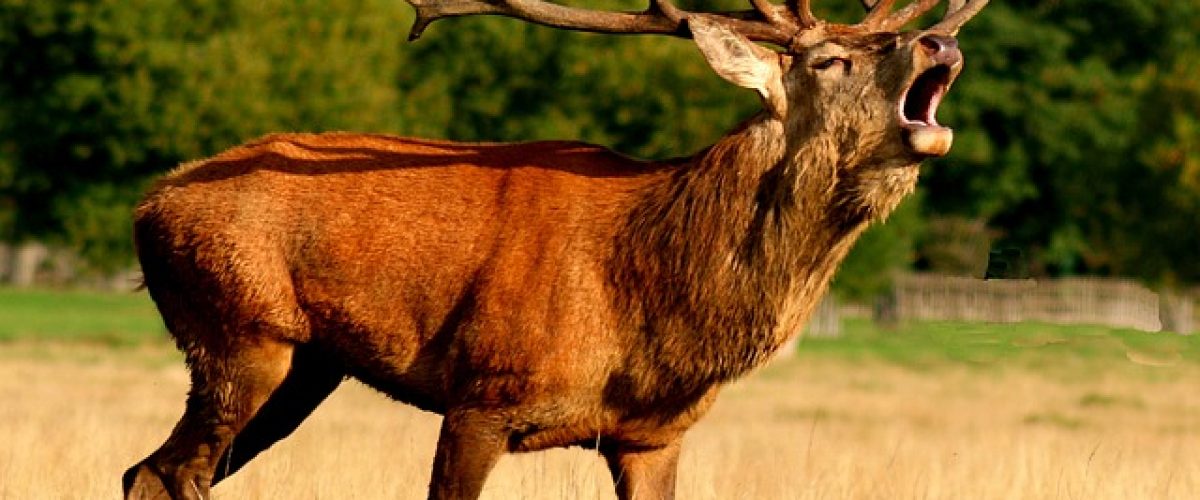

 Growing up the 1980’s and 90’s – there was no more truly heroic figure for most us than Michael Jordan. We wanted his shoes, we wanted to be the kind of athlete he was – wanted to jump and fly like he did….
Growing up the 1980’s and 90’s – there was no more truly heroic figure for most us than Michael Jordan. We wanted his shoes, we wanted to be the kind of athlete he was – wanted to jump and fly like he did…. 